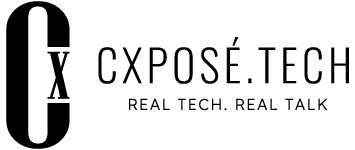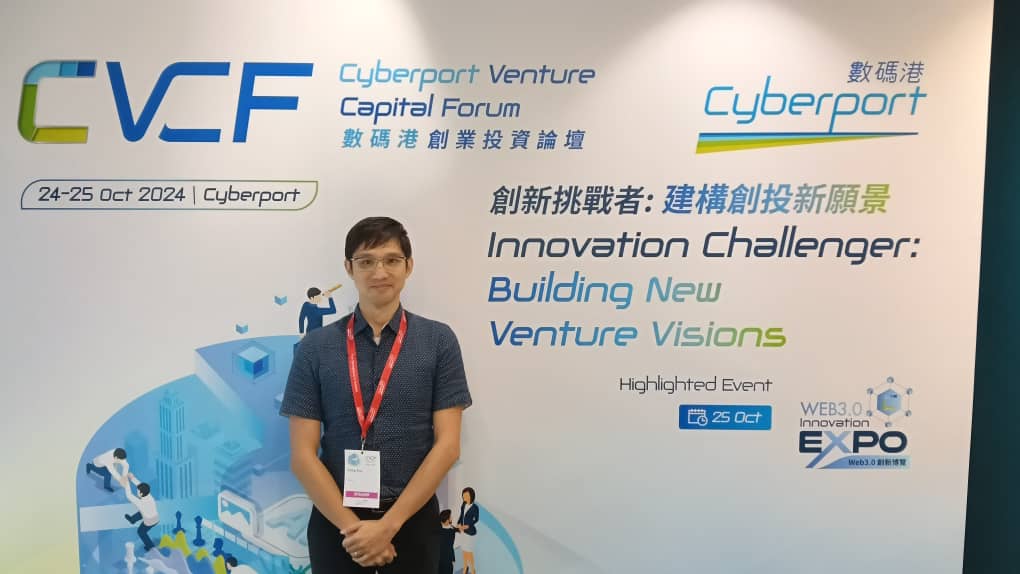Traceability as a technology is fairly new according to Kezzler’s APAC general manager, Marie Pettersson, even though the reason for its existence was first conceived over two decades ago. Magnar Loken, Kezzler’s founder, had read about the counterfeit bolts that could only bear 60-percent of its intended weight, causing a plane to crash and kill everyone on board.
What if a unique code could be placed on individual products or components, so that their origins (and thus authenticity) can be proved? This is exactly what Magnar developed and since then till today, it has evolved to become a secure and scalable platform that is suitable for high volumes of products.
Data for Everything
Now comes the more interesting bit.
If a business has traceability of their assets, items or products as they move across factories, warehouses, country borders, to retail, homes and consumers, the data that is collected could craft a “story” about the lifecycle journey of these items.
“We make it possible to collect data throughout the product lifecycle. And of course this data can be used for marketing,” Marie said, adding that data and collecting data is actually Kezzler’s core business.
For example, chief marketing officers could use the data to design their next marketing campaign, or loyalty program. The data being collected could also help optimize supply chains, sending alerts when stock levels are low, and basically, just provide insights into consumer behavior, insights about markets, and insights about the supply and demand of goods.
The beauty about Kezzler’s solution is that it addresses data silos – data from separate systems along the entire value chain (warehouse, in-store activity, shipping and more) are pooled into one location for the entire organization to take advantage of.
More Than Just Authentication
Kezzler has come a long way from ensuring the authenticity of critical components in airplanes. Today, it has use cases in industries like food and beverage, fashion and apparel, automotive, beauty products, and even digital identities. It solves questions that businesses have around compliance, sustainability, and fraud.
Never was traceability more crucial than when the globe was deep in the throes of a pandemic and supply chain disruptions led to severe shortages of living essentials.
Suddenly, the food fraud and product tampering issues that existed in the infant nutrition and baby formula industries, became more rampant.
Brands had an uphill battle to regain parents’ trust, and on top of that had to deal with eroding trust in the event their products had to be recalled due to suspected food contamination.
Kezzler even shared there is anecdotal evidence in the United States of consumers actually trying to ascertain the provenance and safety of infant nutrition before purchasing them at retail outlets.
Instead of jumping through hoops to obtain food safety assurance, why not have a QR code on the product so parents can scan and immediately know when, where, and how the product was manufactured?
It’s Not Science Fiction
Product digitization as described above is happening in countries like China which had a melamine contamination episode in 2008. Its repercussions reverberate among Chinese households till today and baby formula traceability is mandated by law. Digitization initiatives such as those implemented in China can offer detailed information about a product’s origins, and its end-to-end journey, whilst integrating quality assurance and digital testing certificates.
During the pandemic, food safety and food quality assurance had come under the spotlight. As a result, in countries like the United States there is ongoing effort to integrate more technology like connectivity and traceability into food safety efforts.
Kezzler recognises however, that the opportunity extends beyond the infant formula, food, and nutrition industry.
Ecosystem And Standards
Marie highlighted that Kezzler works closely with regulators, which in the infant formula case study is the Food and Drug Administration (FDA) of the United States. Kezzler also developed FRISO TrackEasy for FrieslandCampina so end users can scan a code and immerse in the grass-to-glass journey of the product in their hands.
Product digitization; or item-level digitization; combined with enhanced supply chain visibility and standard frameworks can enable quality assurance, safety, and authenticity with potential for the supply chain ecosystem players to share richer product data among themselves.
This overall, goes a long way in enabling regulatory compliance, sustainability, and fraud prevention.








